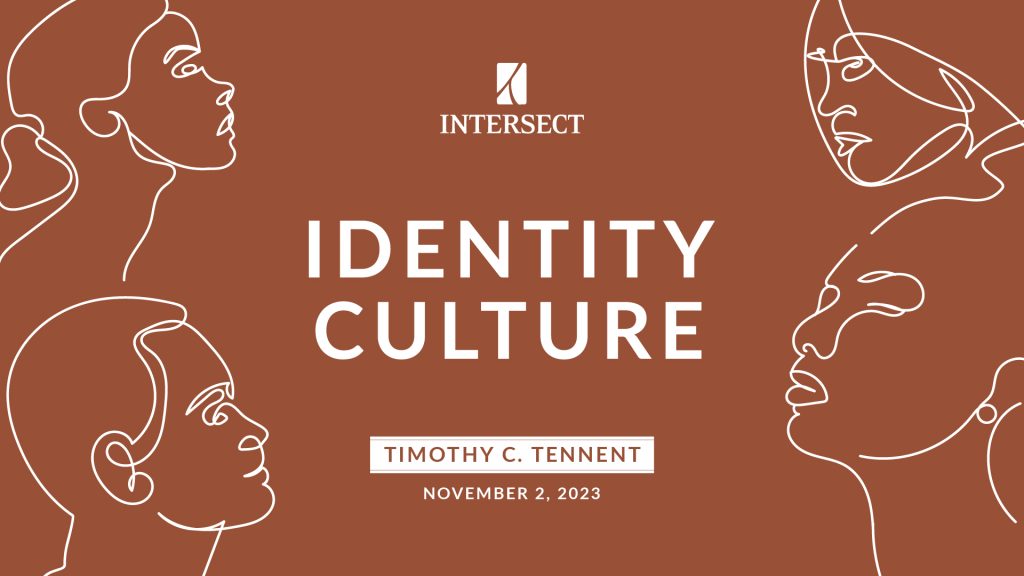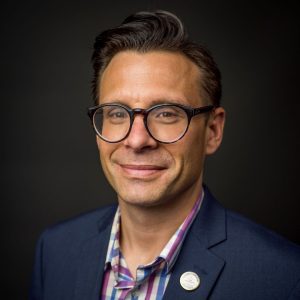An identity crisis is a period of uncertainty or instability in a person’s life. They are not uncommon. In fact, they are a rite of passage – a part of growing up and growing older in any culture or context. An identity crisis is often experienced during personal upheaval – like a broken relationship, serious health problem, professional setback, or death of an influential person. When going through an identity crisis, we question who we are, why we are here, what really matters, and what choices we should make to move forward.
When a person has an identity crisis, the solution is often found in foundational truths and commitments. That’s why religious faith and healthy family relationships often provide solutions – and a safe haven to discover those solutions – to people struggling with identity issues. For Christians, our theological commitments establish our identity. We are “in Christ” – a phrase used more than 80 times in the New Testament – which describes our core identity. We are not “in a relationship” or “in debt” or “in a political movement” or “in America” (or any other country). We are in Christ, which becomes our defining identity.
Since we are in Christ, we can find solutions to so many of the issues which prompt what is labeled an identity crisis. We discover answers to questions about gender, sexuality, morality, and marriage. We also find solutions to questions about wealth, position, and status. We can get help with determining the importance of race, ethnicity, and culture. The Christian worldview addresses all these issues and helps us put them together cogently. But – and this is the key – all these other identity issues revolve around and are resolved by being “in Christ.”
This week at Gateway we are addressing issues related to identity culture. We are confronting the current cultural mandate to pursue expressive individualism to find and fulfill true identity. We are advocating for submissive inclusivity instead of expressive individualism. We promote being in Christ, not looking within yourself, for solutions to core identity issues.
Our annual Intersect Conference on Thursday, November 2, is about confronting identity culture with better solutions to the identity crises prevalent in our culture. Join us for a good day of learning together.
INTERSECT 2023 | IDENTITY CULTURE


Hope in Suffering
Gateway student Matt Bodden is an evangelist who is ready to answer the question of suffering with the gospel.

The Gateway Journal of Theology Inaugural Issue
Read all new articles in the inaugural issue of The Gateway Journal of Theology.

Lessons from Twenty-Five Years of Preaching God’s Word
I am unashamedly an expository preacher. My first sermon, however, was not.




